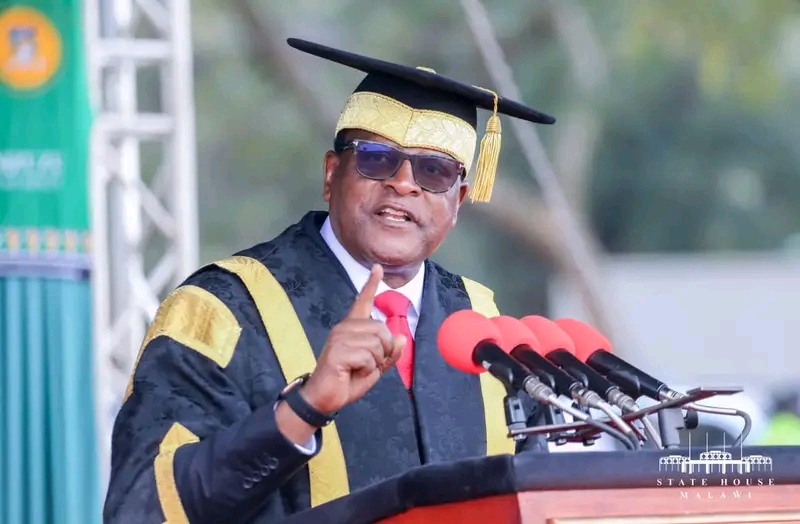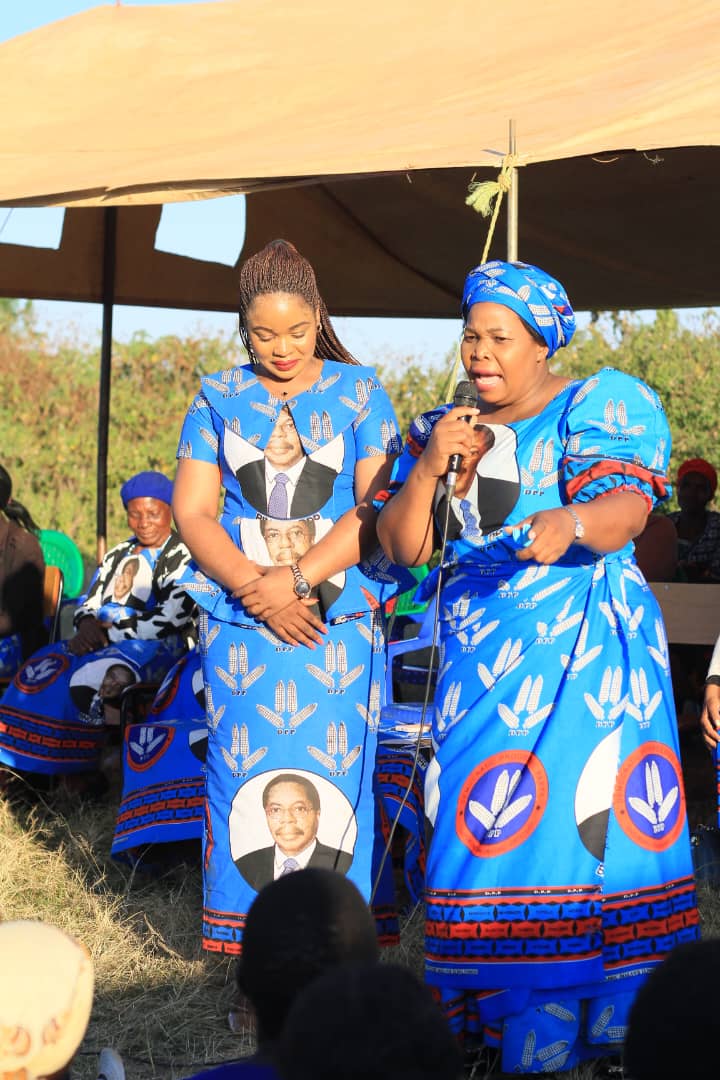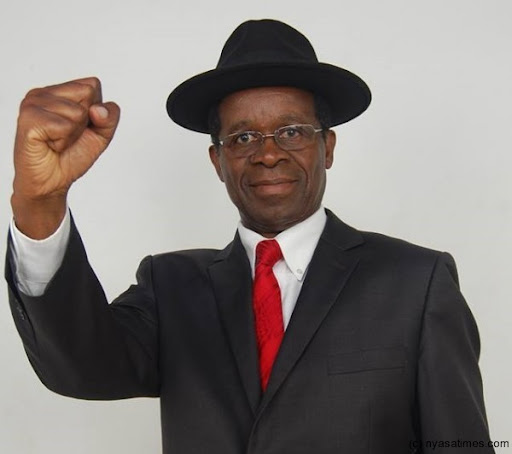By Burnett Munthali
As the 2025 elections draw near, President Lazarus Chakwera’s chances for re-election appear increasingly bleak, given the multitude of challenges confronting his administration.
*Challenges impacting Chakwera’s re-election prospects*
Firstly, Chakwera’s Hi-5 campaign agenda has largely gone unfulfilled. The failure to deliver on these key promises—meant to address critical areas like governance, infrastructure, and economic development—has significantly eroded public trust.
Secondly, there have been serious issues with maintaining security, especially during political activities. Incidents of violence against opposition members, such as attacks on DPP and AFORD supporters, highlight inadequate protection and a troubling response from MCP leadership, which has not condemned these acts.
Thirdly, allegations of unlawful training and possession of firearms by some MCP youth have added to public scrutiny, raising concerns about the potential for political violence and the government’s ability to manage such threats effectively.
Fourthly, Chakwera’s administration has faced criticism over food insecurity, with ADMARC depots closing and shortages of staple foods exacerbated by poor handling during Cyclone Freddy. The lack of support for affected communities during and after the cyclone further highlights governmental failures in crisis management.
Fifthly, progress on infrastructure projects has stalled, with many projects facing delays and budget overruns due to the selection of inexperienced contractors and financial constraints exacerbated by the devaluation of the Malawi kwacha.
Sixthly, the business environment has deteriorated under Chakwera, plagued by high taxes, low wages, and insufficient money circulation. The instability of the kwacha, foreign currency shortages, and high commodity prices have contributed to economic hardship.
Seventhly, allegations of corruption and inefficiencies in the Agricultural Inputs Program (AIP) have further damaged Chakwera’s credibility. The program, intended to support farmers, is perceived as a financial outlet for MCP operations rather than an effective aid mechanism.
Eigthly, the recent breakaway of the United Transformation Movement (UTM) from the MCP government reflects deepening internal divisions. Such fragmentation, coupled with various opinion polls indicating a decline in support, suggests a weakening of Chakwera’s political base.
In conclusion, President Chakwera’s re-election prospects for 2025 are increasingly uncertain. The accumulation of unmet promises, security failures, economic difficulties, and internal party strife has significantly undermined his administration’s standing. Unless substantial changes are made to address these issues, Chakwera’s path to re-election seems fraught with challenges




